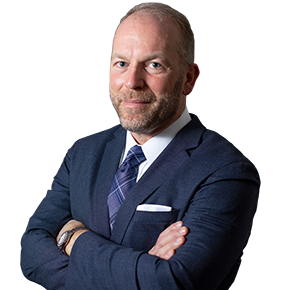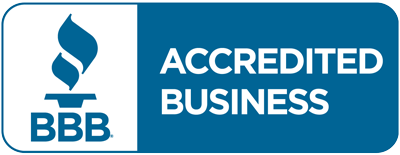Posterior Labral Tears
A posterior labral tear refers to a tear or injury to the posterior (back) portion of the labrum in the shoulder joint. The labrum is a ring of cartilage that surrounds the shoulder socket (glenoid) and helps stabilize the joint.
The presentation of a posterior labral tear can vary depending on the severity of the tear and other factors, but it typically includes the following symptoms:
- Shoulder pain: Pain is usually felt deep within the shoulder joint and may worsen with certain movements or activities, such as reaching overhead, lifting heavy objects, or throwing.
- Decreased range of motion: Patients may experience limitations in their ability to move their shoulder, particularly when trying to rotate it externally or internally.
- Instability: Some individuals may feel a sense of instability or “looseness” in the shoulder joint, especially when performing certain movements or positions. This occurs more often with reaching towards the other shoulder or with pushing.
- Catching or popping sensations: A tear in the labrum can sometimes cause catching or popping sensations within the shoulder joint, particularly during certain movements.
- Weakness: There may be associated weakness in the shoulder, particularly when attempting to perform tasks that involve pushing, lifting or carrying.
- Decreased sports performance: Athletes, particularly those involved in pushing such as offensive lineman as well as in overhead sports like baseball or volleyball, may notice a decrease in their performance due to pain or instability in the shoulder.
It’s important to note that these symptoms can overlap with other shoulder conditions, so a thorough evaluation by a healthcare professional, often including imaging studies such as MRI, is typically necessary to diagnose a posterior labral tear accurately. Treatment may involve rest, physical therapy, pain management, and in some cases, surgical intervention to repair the torn labrum. At Total Orthopedics and Sports Medicine our team of orthopedic specialists can help diagnose your problem and come up with an individualized treatment program helping you getting back to you.







 Website Design by
Website Design by